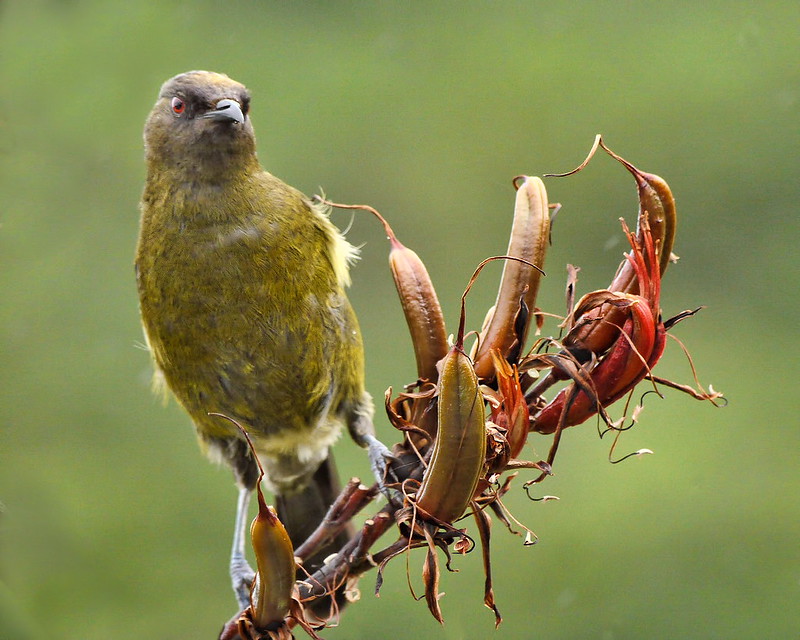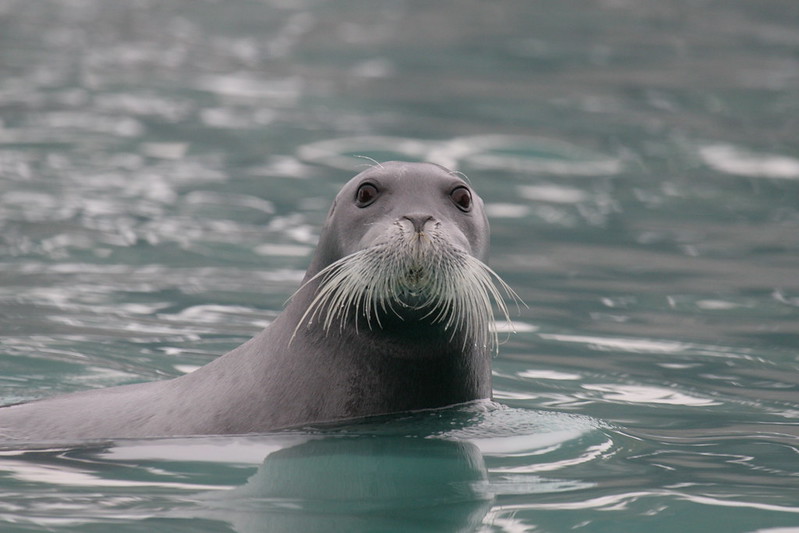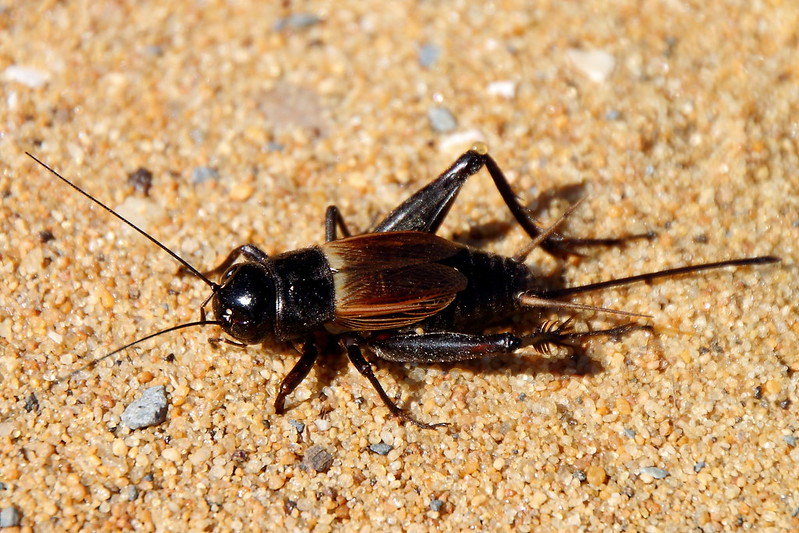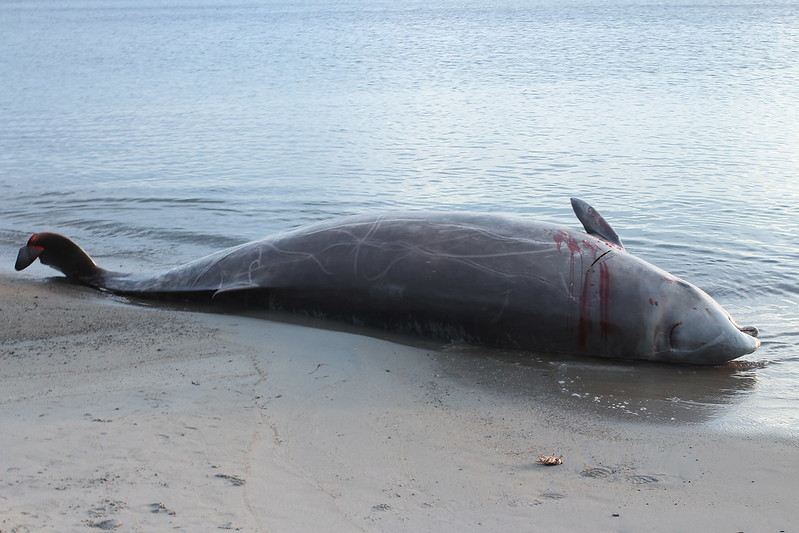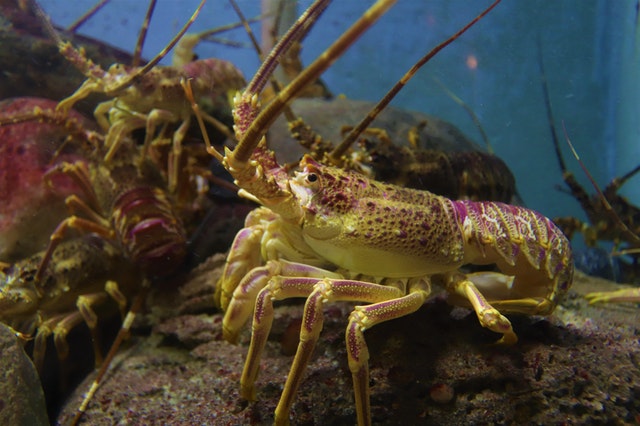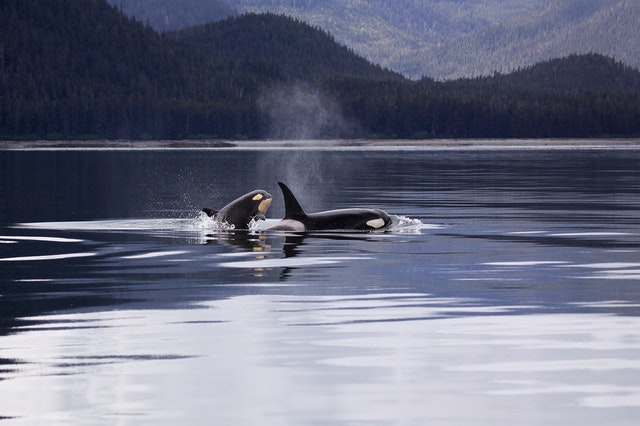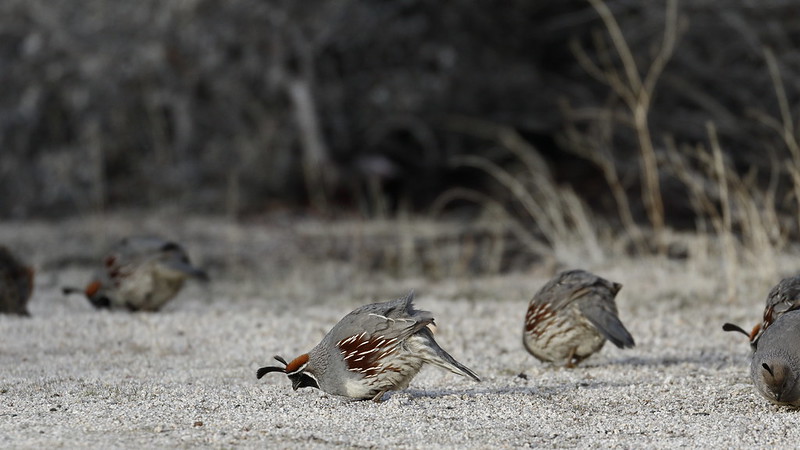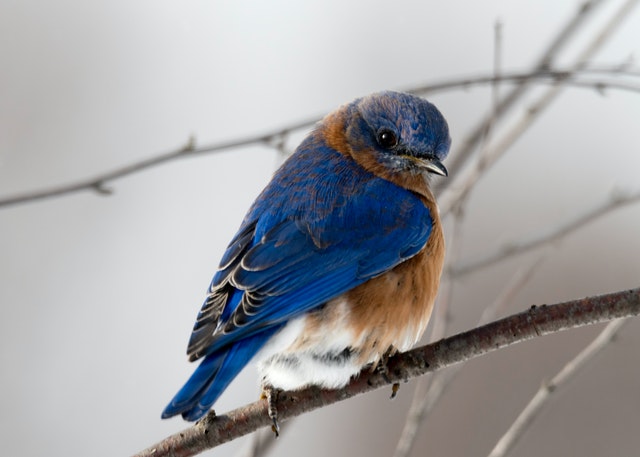Photo credit: Sid Mosdell licensed under CC BY 2.0 by Arline L. Bronzaft, Ph.D., Board of Directors, GrowNYC, and Co-founder, The Quiet Coalition The COVID pandemic has given people an opportunity to reflect on how the noises of urban life impact on the wildlife...
Article Category:
Noise and Animals
Article Categories
Bearded seal mating calls drowned out by industrial noise
Photo credit: foilistpeter licensed under CC BY-NC 2.0 by Daniel Fink, MD, Chair, The Quiet Coalition Bearded seals are a key species in the Alaskan Arctic. The males use loud mating calls to attract females. Even their quiet calls have been likened to a chainsaw, but...
Traffic noise makes female crickets less picky when choosing a mate
Photo credit: Mr.TinDC licensed under CC BY-ND 2.0 by Daniel Fink, MD, Chair, The Quiet Coalition This report from the UK’s Daily Mail notes that traffic noise makes female crickets less picky when it comes time to choose a mate. Usually female crickets choose mates...
U.S. military’s sonar linked to whale beachings in Pacific
Photo credit: Silver Leapers licensed under CC BY 2.0 by Daniel Fink, MD, Chair, The Quiet Coalition As we have noted before, noise is bad for animals, including fishes and marine mammals. On land, for example, road traffic noise interferes with birds hearing mating...
Birds changed their tune during the Covid lockdown
Birds changed their tune during the Covid lockdown, writes Dr. Arline Bronzaft, who looks at two articles reporting that birds in San Francisco sang more softly and with improved vocal range during lockdown.
Marine noise may harm lobsters
Marine noise may harm lobsters, says Dr. Daniel Fink. He points us to a study showing lobsters living near busy shipping lanes have damage to an organ that controls balance.
Quiet Salish Sea lets scientists study endangered killer whales
Quiet brought on by the lockdown allowed scientists to study endangered killer whales in the Salish Sea. Dr. Daniel Fink hopes steps will be taken to make the waters quieter after lockdown.
Human noise impacts desert animals, too
Human noise impacts desert animals, too, writes Dr. Arline Bronzaft, who shares an article on the effect of human noise on desert birds and mammals.
Research during COVID: Biologist studies bird behavior and noise
David Sykes wondered if anyone would take advantage of the pandemic-induced quiet for research purposes and was happy to hear about this young biologist studying birds and noise.

